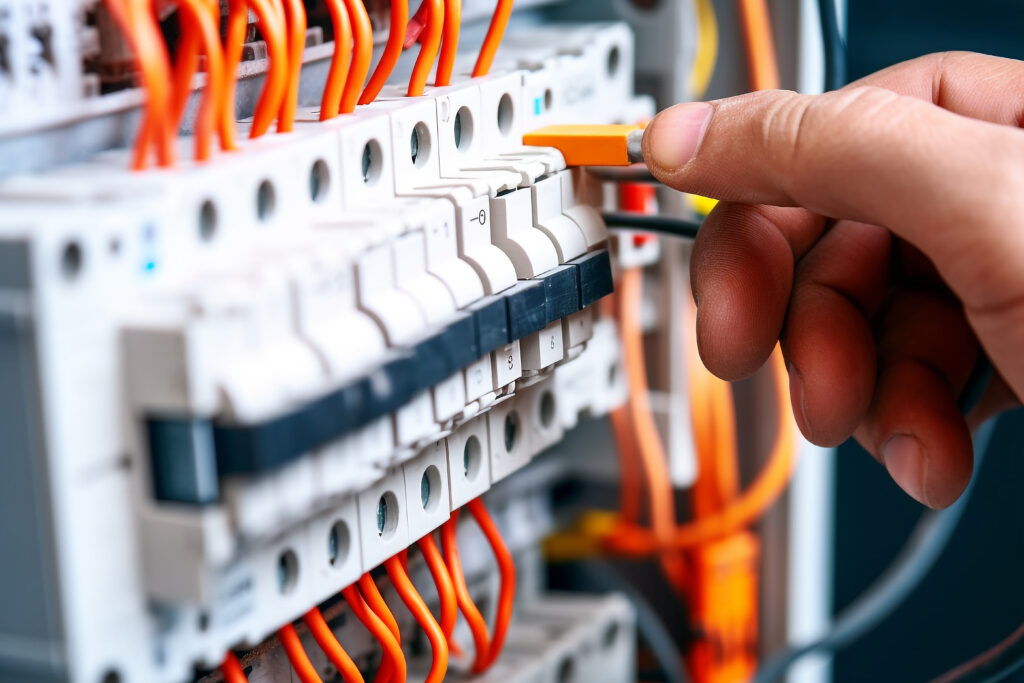When it comes to keeping our homes comfortable, we rely on both heating and air conditioning. But have you ever wondered which one costs more? Let’s explore the differences in cost between using air conditioning and heating, and answer some common questions about energy usage.

Is It Cheaper to Have the AC or Heat On?
Whether it’s cheaper to run the air conditioning (AC) or heating depends on several factors, including your local climate, the type of heating system you have, and the cost of electricity versus gas in your area.
- Climate: In warmer climates, people tend to use AC more often, while in colder climates, heating is used more frequently. The amount you use each system can affect your overall costs.
- Heating System Type: Different heating systems have different costs. For example, electric heaters are typically more expensive to run than gas heaters.
- Energy Prices: The cost of electricity and natural gas varies by location. In some places, electricity might be cheaper than gas, and in others, the opposite is true.
In general, heating tends to be more expensive than air conditioning. This is because it usually takes more energy to heat a space than to cool it, especially in colder climates where the temperature difference between inside and outside is greater.
Does AC or Heat Use More Electricity?
To understand which uses more electricity, we need to look at how each system works.
- Air Conditioning: AC units use electricity to run compressors, fans, and other components that cool the air. They work by removing heat from inside your home and releasing it outside. Central air conditioners, window units, and portable ACs all use electricity, but central systems are usually more efficient.
- Heating: Electric heaters, like baseboard heaters or space heaters, use electricity to generate heat. These can consume a lot of power, especially in colder weather. However, many homes use gas or oil furnaces, which rely on combustion rather than electricity to produce heat.
Comparing Electricity Use: Electric heating generally uses more electricity than air conditioning. This is because electric heaters must generate heat, which requires a significant amount of energy. In contrast, air conditioners move heat from one place to another, which is a more efficient process.
Is It Cheaper to Leave AC On All Day?
Some people think that leaving the AC on all day, even when they’re not home, can save money because the system doesn’t have to work as hard to cool the house when they return. However, this is usually not the case.
- Energy Usage: Running the AC all day, even at a higher temperature, still uses more energy than turning it off when you’re not home. Air conditioners are most efficient when they run for longer periods, but not continuously.
- Smart Thermostats: Using a programmable or smart thermostat can help you save money. You can set the thermostat to raise the temperature when you’re not home and lower it before you return. This way, the AC isn’t working hard all day, but your home is still comfortable when you need it to be.
- AC Wear and Tear: Running your AC continuously can lead to more wear and tear, potentially shortening its lifespan and increasing maintenance costs.
Tips for Saving on Heating and Cooling Costs

- Use a Programmable Thermostat: Set it to adjust the temperature automatically based on your schedule. This helps reduce energy use when you don’t need heating or cooling.
- Seal Leaks: Check for and seal any leaks around windows, doors, and ducts. This prevents air from escaping and reduces the load on your HVAC system.
- Insulate Your Home: Proper insulation keeps your home warmer in the winter and cooler in the summer, reducing the need for constant heating or cooling.
- Maintain Your HVAC System: Regular maintenance, like cleaning or replacing filters and checking for issues, ensures your system runs efficiently.
- Use Fans: Ceiling fans can help circulate air, making your home feel cooler in the summer and helping distribute heat in the winter.
Comparing Costs in Different Regions
The cost of running AC versus heat can also vary depending on where you live. Here’s a brief comparison:
- Warm Climates (e.g., Florida, Texas): In warmer regions, people use air conditioning more often than heating. Electricity bills might be higher in the summer due to AC use, but overall heating costs are usually lower.
- Cold Climates (e.g., Minnesota, Alaska): In colder areas, heating costs dominate because winters are long and harsh. Homes often use gas or oil heating, which can be costly.
- Moderate Climates (e.g., California, North Carolina): In regions with mild weather, both heating and cooling costs are more balanced. Efficient HVAC systems and insulation are crucial in these areas to keep costs low year-round.
Conclusion
In general, heating tends to cost more than air conditioning, especially if you use electric heating. However, the exact cost difference can vary based on your local climate, energy prices, and the efficiency of your HVAC system. By understanding how these systems use energy and taking steps to improve efficiency, you can save money on both heating and cooling your home. Remember, using programmable thermostats, sealing leaks, and maintaining your HVAC system are key strategies for keeping your home comfortable without breaking the bank.


